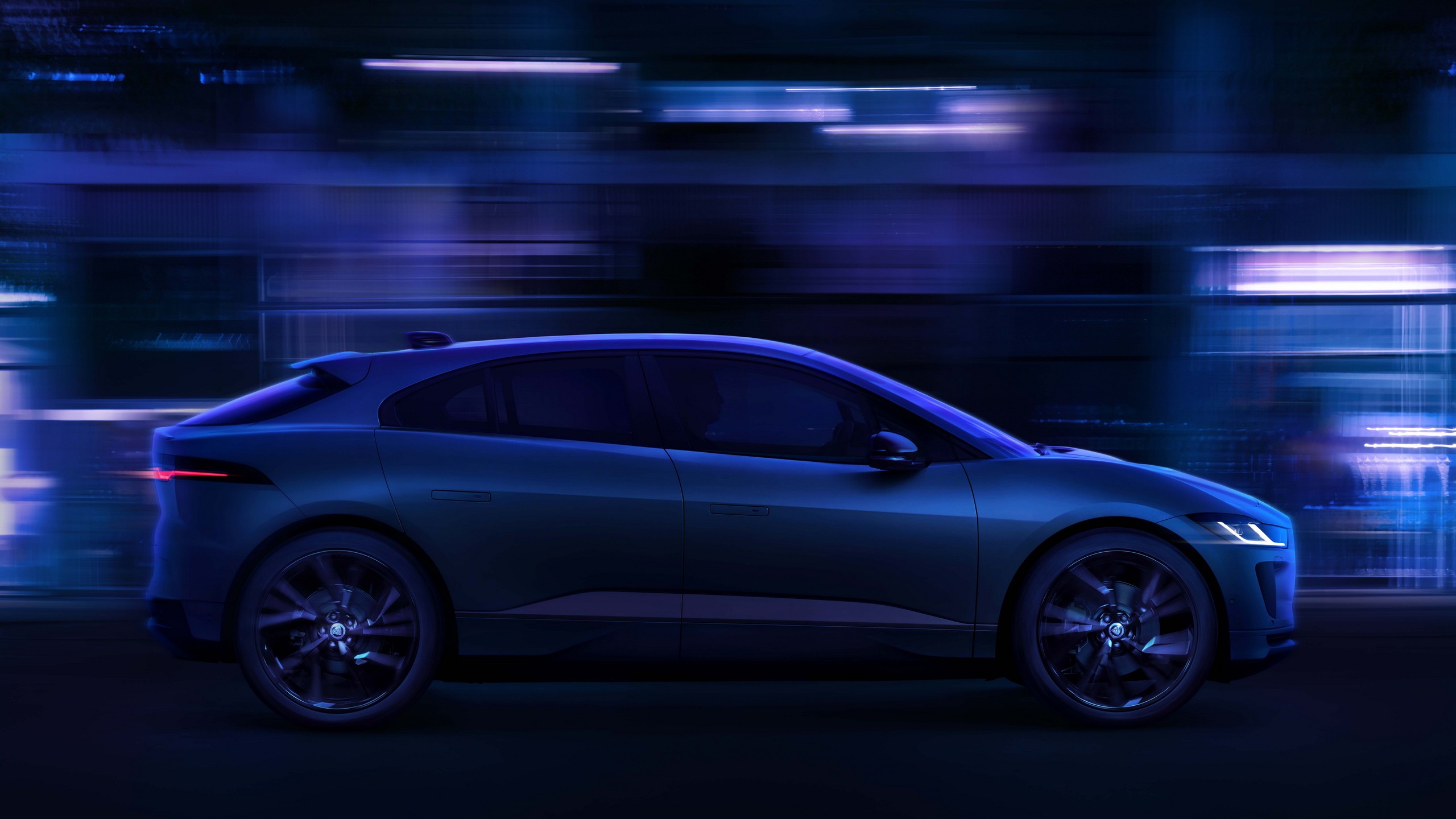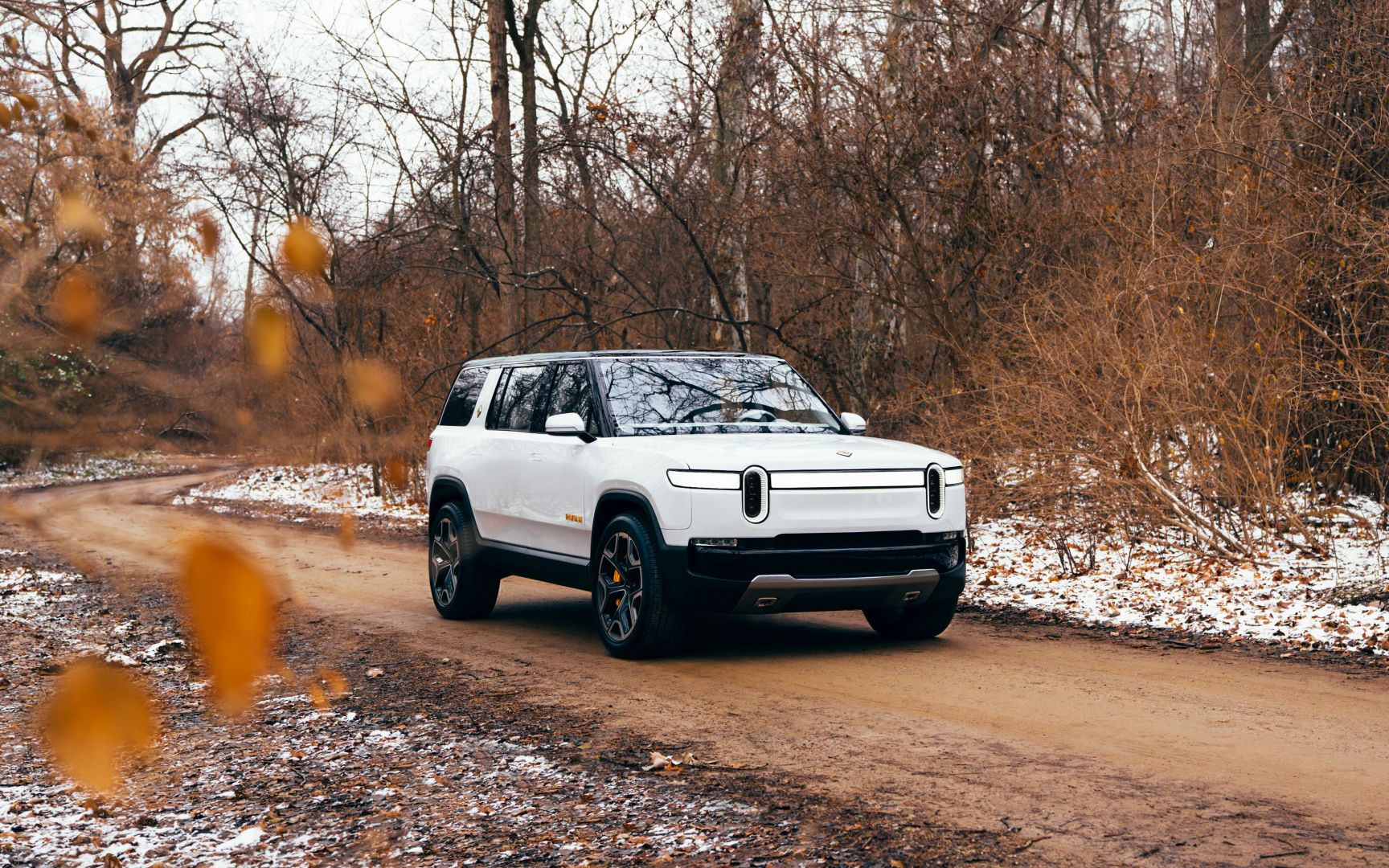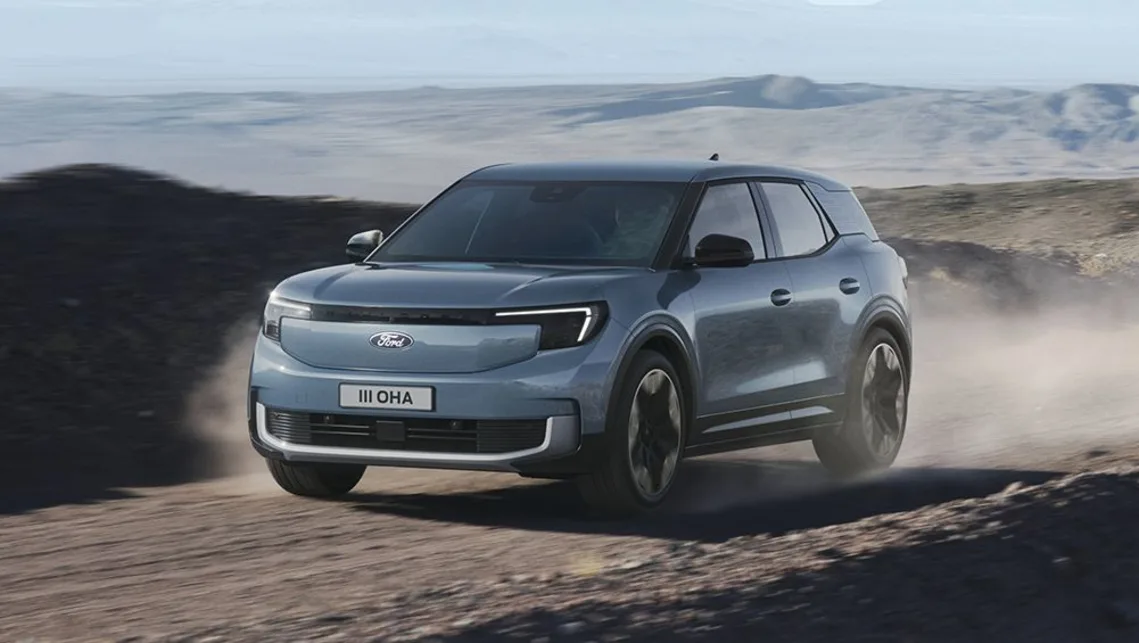American EV ownership is growing, but fewer car shoppers who don’t already own an EV are considering one, according to a new Gallup poll.
Of those households surveyed, 7% reported owning an EV, up from 4% a year ago, while a steady 16% of Americans over the past few years indicated that they are “EV consumers,” which Gallup defines as those who already own an EV or are seriously considering buying one.

While those considering an EV entirely dropped from 55% to 44%, there’s still a gap. Fewer people who don’t already own an EV are interested in buying one compared to last year (35% down from 43%). The survey also found income and political views play a role, with wealthier Democrats/liberals more likely to consider EVs than lower-income Republicans/conservatives.
This reflects a growing trend of partisan divides surrounding electric cars. Interestingly, despite this, the EV sales are still expected to grow significantly in 2024 (almost 8% of the new car market).

But there might be hurdles to overcome. Older demographics seem less enthusiastic about EVs, and affordability remains a concern for many potential buyers. Research suggests the current crop of EVs might not meet those price expectations, with only the Hyundai Ioniq 6 potentially fitting the bill.
Additionally, older demographics seem less keen on electric vehicles, as confirmed by both Gallup and Experian, even though Baby Boomers have a significant influence on EV policy.
Price might be a key factor.
Research by Boston Consulting Group suggests affordability is a major concern for new EV adopters, with only the Hyundai Ioniq 6 currently meeting their expectations.

